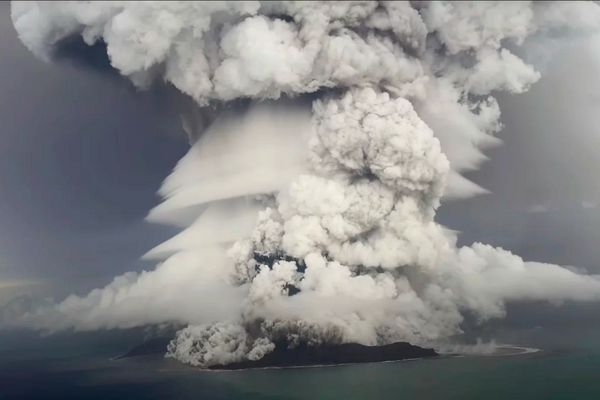
How a volcanic water vapor cloud influences its own transport through the stratosphere
Dr. Ulrike Niemeier and her co-authors have successfully simulated the transport of a volcanic water vapor cloud through the stratosphere. The…

When thunderstorms light up scientists' eyes: first results from the field campaign FESSTVaL
In a recent study, Dr. Cathy Hohenegger, group leader in the climate physics department, reports on the measurement effort called the Field…

End-of-century levels of extreme heat and drought are approaching Europe swiftly
Extreme heat and drought typical of an end-of-century climate could soon occur over Europe, and it could do so repeatedly. Laura Suarez-Gutierrez,…

Testing mechanisms of wave generation in the lower stratosphere using superpressure balloons
Dr. Laura Köhler and Dr. Claudia Stephan from the Max Planck Institute for Meteorology together with their colleague Brian Green, Postdoc at Stanford…
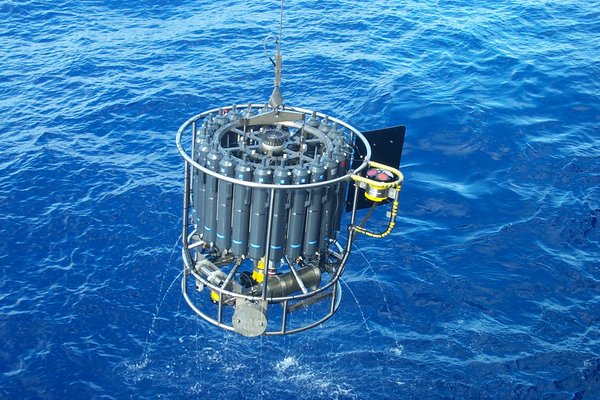
How the Atlantic overturning got its observing system
The RAPID observing system has monitored the Atlantic Meridional Overturning Circulation (AMOC) at 26.5°N since 2004. Many physical oceanographers…

An oscillating wind system in the tropical stratosphere: future evolution and new projections
The “quasi-biennial oscillation” (QBO) is a well-known wind system characterized by alternating layers of westerly and easterly winds encircling the…
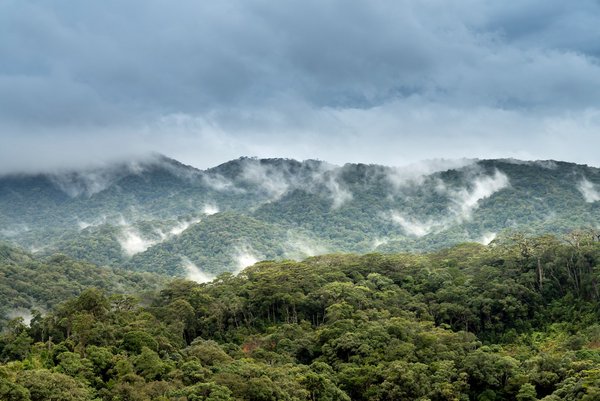
Towards improved CO2 predictions
What factor limits the predictability of atmospheric CO2 concentration? Scientists from the Max-Planck-Institute for Meteorology, in collaboration…
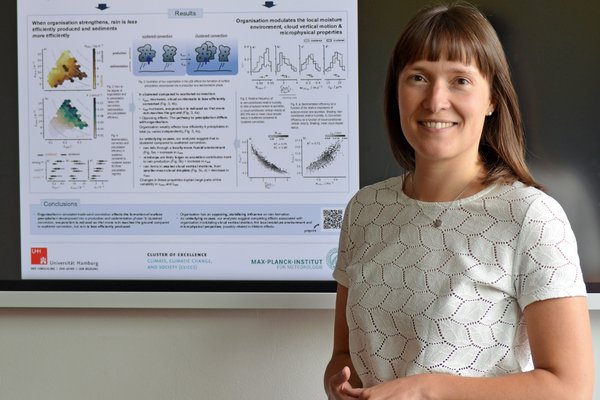
Jule Radtke receives 2023 CFMIP-GASS early career scientist award
Jule Radtke, postdoctoral researcher in the joint CLICCS working group on Drivers of Tropical Circulations of the Max Planck Institute for…
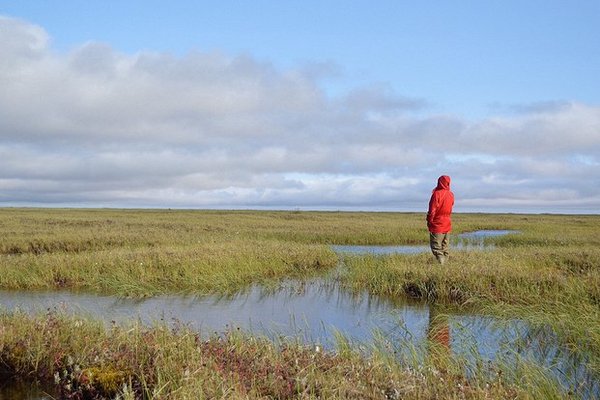
Methane emissions from Arctic ponds are sensitive to warming-induced vegetation changes
Arctic ponds are important sources of methane emissions, and knowledge on their role in the future methane budget is lacking. A new study led by…
![[Translate to English:] Credit: Luca Schmidt](/fileadmin/_processed_/6/6/csm_T_Aktuelles_LucaSchmidt_889daf9eb4.jpg)
Tracking the partitioning of rain
Can land receive more rain than the ocean? One might think that the obvious answer is “Yes”. But land and ocean are two components of a coupled…

Berlin Summit for EVE — Summit Statement
The summary statement of the Berlin Summit for Earth Virtualization Engines (EVE) issues an impassioned call for international cooperation to advance…
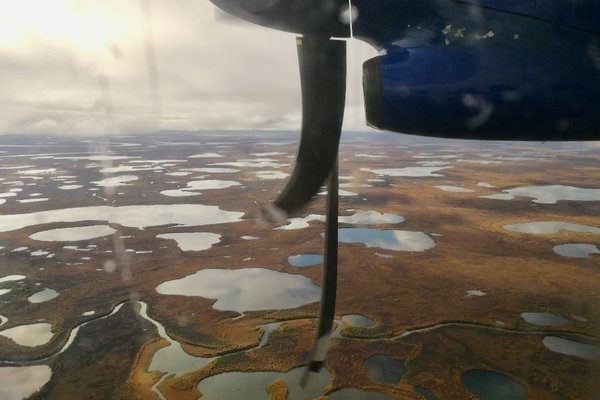
From the Arctic to the tropics: permafrost soils and methane
A new study led by researchers from the Max Planck Institute for Meteorology, in collaboration with scientists from the University of Hamburg, shows…
